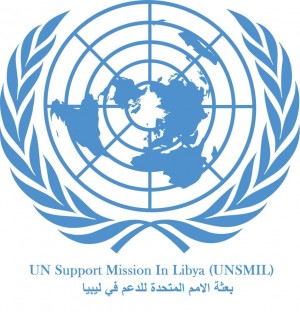By Sami Zaptia.
London, 9 February 2021:
UNSMIL confirmed yesterday that for the first time since the 2014 Libya Dawn militia coup in Tripoli against the then newly elected parliament (the House of Representatives), Libya has a unified budget.
This comes after the outgoing Faiez Serraj administration decreed on 3 February a two-month interim budget for 2021.
UNSMIL reported that agreement on the budget was reached through its mediation, with the support of international financial institutions and the Economic Working Group of the Berlin Process, who brought together relevant Libyan parties from both sides of the country to work out an agreement.
The parties agreed to a two-month budget rather than a full year to allow for the newly formed Government of National Unity (GNU) to decide on the full budget for 2021.
The unification of the budget followed the Board of Directors of the Central Bank of Libya (CBL) decision on 1 February to allocate a no-interest loan to Libyan commercial banks in order to reduce the backlog in uncleared cheques, UNSMIL reported.
It conceded that while this decision will not address the underlying cause of what is known as credit crunch, but it will reduce pressure on the banking system.
These two reforms in addition to the recent unification of the exchange rate of the national currency, the reactivation of the CBL Board and progress made in the financial review of the CBL and the Libyan Investment Authority are all vital components of reforms needed to regularize the management of Libyan oil revenue, UNSMIL added.
UNSMIL hoped that with the new GNU recommitted to working for the country’s national interests and restoring its sovereignty, Libya would be able to move closer to an equitable management of its oil resources for the benefit of all Libyan people.
The two important decisions taken this week will positively affect the economy and create momentum towards unifying the national financial institutions, UNSMIL concluded.







